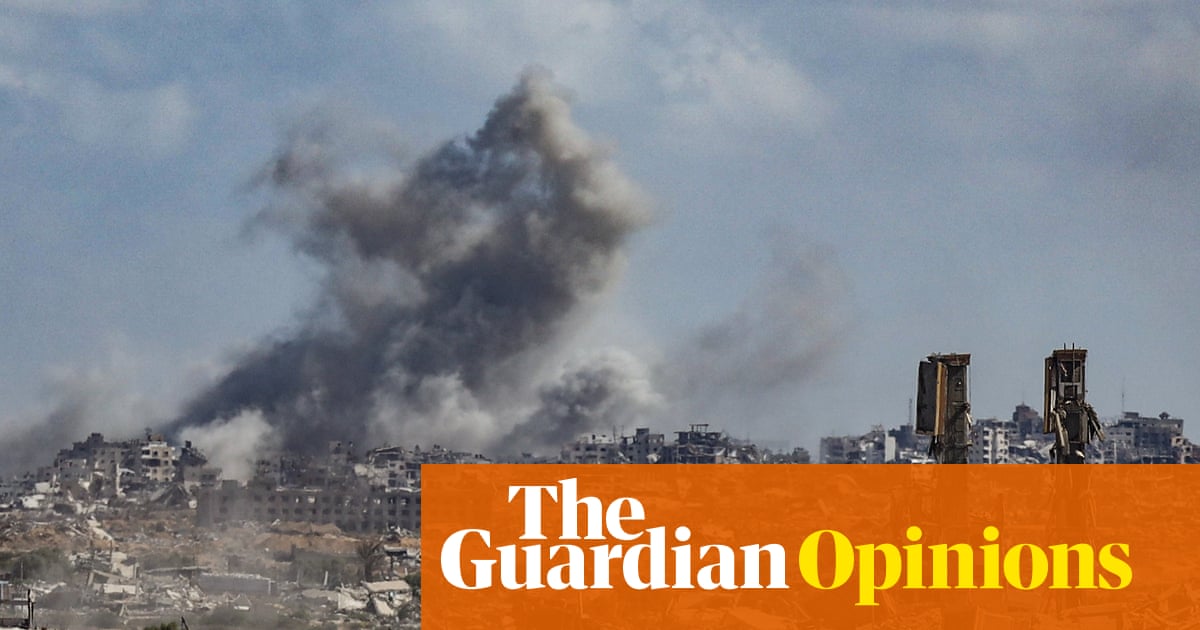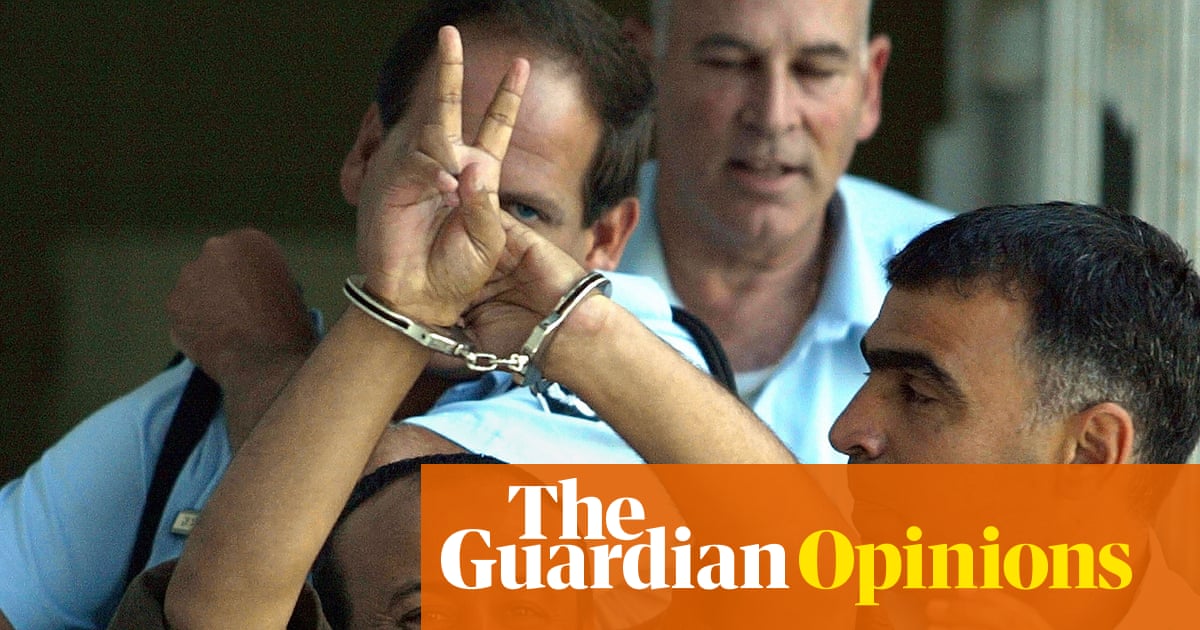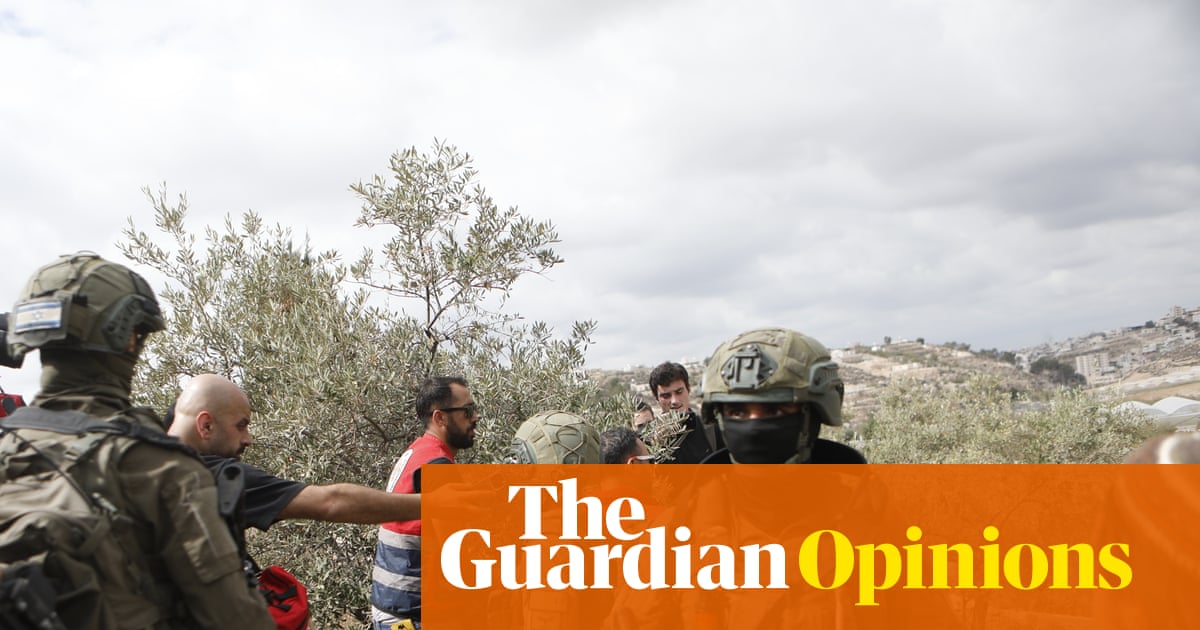Television
fromDefector
13 hours agoI Thoroughly Enjoyed Watching Michael Rapaport Eat Shit On 'The Traitors' | Defector
The Traitors Season 4 culminates in a major on-screen public humiliation of Michael Rapaport tied to his outspoken pro‑Zionist, racist defense of Israeli actions against Palestinians.
























